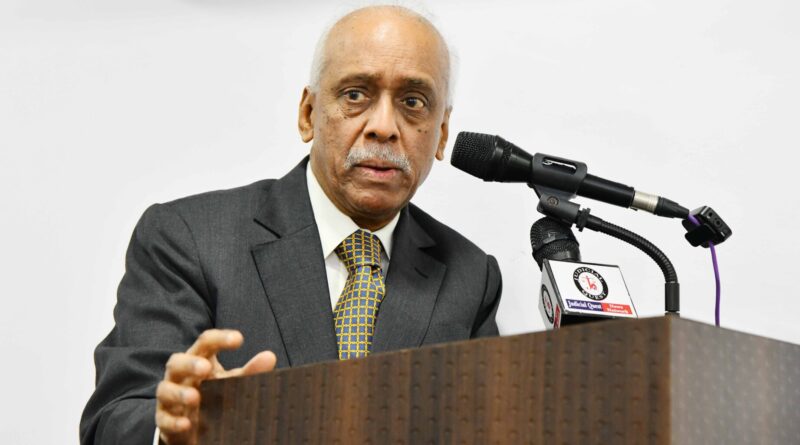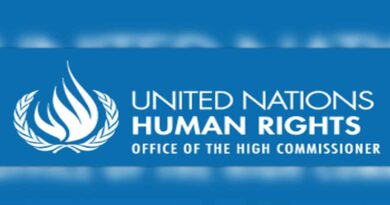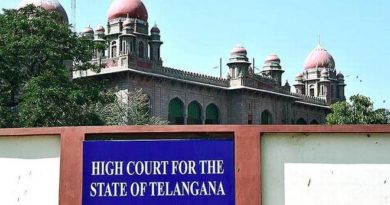Legal Luminaries Examine Judiciary’s Role in Safeguarding Human Rights at Hyderabad Seminar
(Judicial Ques News Network)
Hyderabad | June 19, 2025 —
A thought-provoking seminar titled “Judiciary as the Guardian of Human Rights in India – An In-depth Evaluation” was held on June 17, 2025, at the Media Plus Auditorium, Hyderabad. The event brought together distinguished luminaries from the judicial and legal fraternity who shared profound insights on the pivotal role of the judiciary in upholding and safeguarding human rights in India.
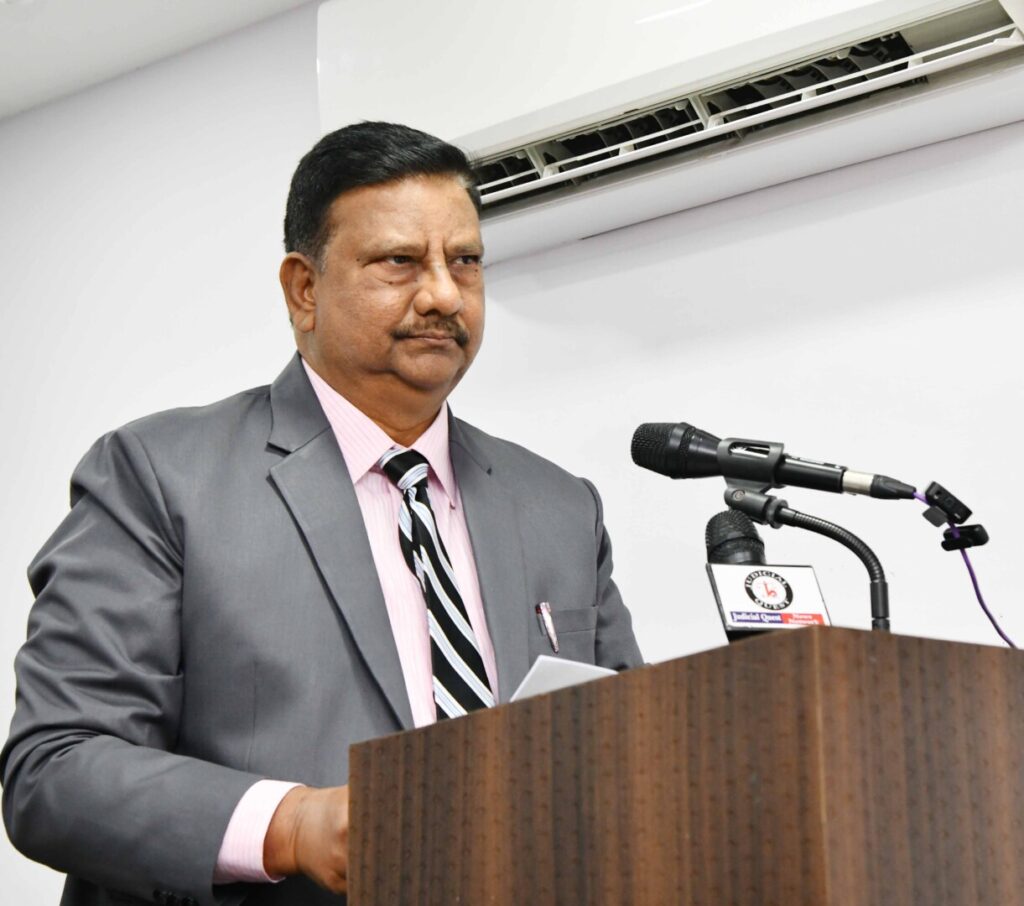
Presided over by Justice V. Ramasubramanian, Chairman of the National Human Rights Commission (NHRC), the seminar was a platform for rigorous dialogue and reflection on the strengths, challenges, and evolving responsibilities of India’s judiciary in a rapidly changing socio-political landscape.
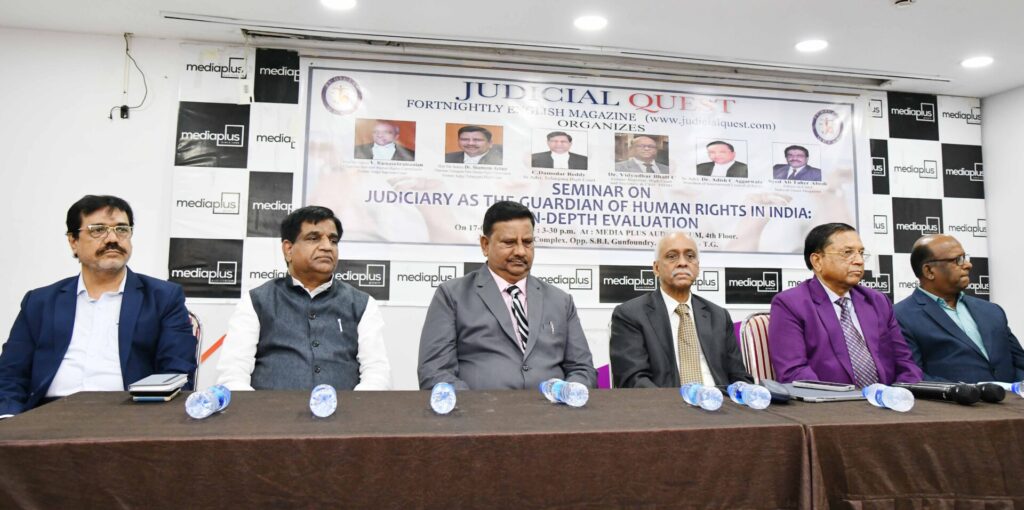
In his keynote address, Justice Ramasubramanian emphasized the constitutional mandate entrusted to the judiciary to act as the sentinel on the qui vive. “The Indian judiciary has stood as the final bulwark against the erosion of fundamental freedoms. However, in an era of complex human rights challenges—from digital surveillance to migration crises—there is a pressing need for judicial activism rooted in constitutional morality,” he said.
Justice Dr. Shameem Akhter, representing the State Human Rights Commission, highlighted the gap between legal provisions and ground realities. He pointed to systemic issues such as custodial violence, discrimination against marginalized communities, and delays in delivering justice. “The judiciary must go beyond mere interpretation of law and actively engage in transformative justice,” he remarked.
The session also featured Adish Agarwala, President of the International Jurist Council, who stressed the global dimension of human rights jurisprudence. Citing international human rights conventions and comparative judicial frameworks, he urged for greater judicial education and cooperation across borders. “Indian judges must not only enforce rights but must also become educators in rights consciousness,” Aggarwala stated.
Senior Advocate C. Damodhar Reddy, known for his incisive legal commentary, underscored the need for judicial accountability and transparency. “The judiciary’s credibility is its greatest asset. To protect human rights effectively, we must also protect the integrity of judicial institutions,” he argued.
Adding a media perspective, Syed Ali Taher Abedi, Editor of Judicial Quest Magazine, called for a stronger interface between the judiciary and civil society, particularly the media. “Awareness is the first step toward empowerment. The judiciary’s efforts in upholding human rights must be better communicated to the public,” he said.
Renowned legal scholar Dr. Vidyadhar Bhatt C reflected on landmark judgments and evolving interpretations of Article 21 of the Constitution. “From the right to privacy to environmental justice, the Indian judiciary has expanded the scope of human rights in innovative and often courageous ways,” Bhatt noted.
The seminar concluded with an interactive where law students, young advocates, and civil rights activists attended Seminar.
Organized by the Judicial Quest Fortnightly Magazine the seminar served as a timely reminder of the judiciary’s irreplaceable role in the preservation of democratic values and human dignity in India.

